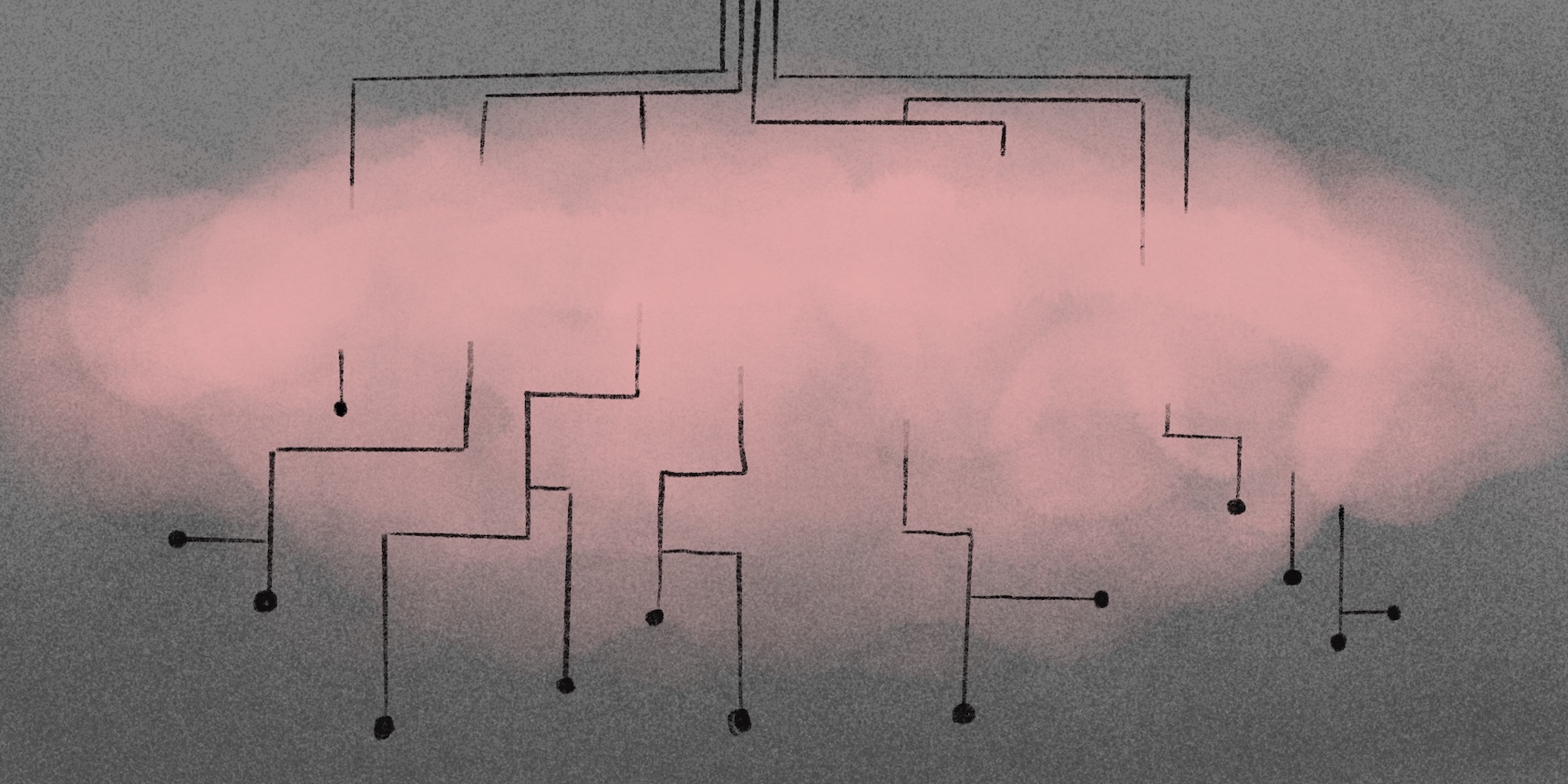
The struggle for hearts and minds is given considerable attention in political science and international relations theory. Such cultural influence was known by different names prior to the development of the theory of “soft power”. Edward Said referred to it as “cultural imperialism,” while Gramsci and neo-Marxists, emphasizing values and ideas, used the term “hegemony”, and political scientist Harold Lasswell of the Chicago School used the term “political propaganda”. Edward Carr, who developed the Realism theory of international relations, acknowledged the existence of “forces over views”, which took less precedence than “military” and “economic” power.
Even in antiquity such dynamics propelled international affairs forward. Hellenistic culture –– spread by ancient Greeks across Europe, Asia, and North Africa –– was not always imposed forcibly on conquered tribes and regions. Greek culture was also embraced by the vanquished. Thus, Hellenistic culture and language persisted even after Greece’s status as a “superpower” ended, manifesting itself not just in the Hellenization of Rome but also in the emergence of Christianity.
The creation of soft power policy was sparked by cultural competition between colonial powers Great Britain and France. The period between the 18-19th centuries was a golden age for France as its culture and language were so influential, that the French ruling elite’s practices became a model for other countries to emulate. The struggle for influence in Europe and beyond continued between the colonial powers. In addition to the military and the political sphere, France and Great Britain tried to spread their cultural influence. During this period, we see the first attempts to institutionalize these efforts through the establishment of various state and non-state organizations.
Soft power, a concept best known to have been evolved by Joseph Nye in the 1990s, has its origins in the rethinking around globalization and advancement of communication technologies that gave rise to the information age. It was commonly acknowledged that the number of private players acting across borders, including large enterprises, NGOs, multinational corporations, and political organizations, had increased. The concept of interdependence gained salience in understandings of new forms of political action. Political scientists revisit the terms “power” and “influence” and probed possible future forms of “hegemony”. The conclusion was straightforward but profound: the ability to influence state behavior is the true measure of power –– not the availability of resources. The notion of soft power has repeatedly changed and has been refined and adapted to new contexts. Nye identified three components as the main tools of “soft power”: political values, culture and foreign policy. Later, Nye offered another term: smart power, which combined soft and hard components.
A key area of soft power is cultural promotion. Prominent examples include the global impact of Hollywood, the regional influence of Indian Bollywood, and the effect of Turkish soap operas. South Korean films have more recently enjoyed global significance and popularity.
Humanitarian aid is another avenue for soft power, although one that is unsuited for Armenia due to its relative lack of resources. Academic literature provides a detailed definition of the operations and procedures of numerous public and commercial organizations. However, the methods and formats used for the activities are different. Some organizations operate as NGOs and private foundations, while others are public organizations. The Foreign Offices and national television resources are frequently utilized in the search for successful promotion, as it was, for instance, during the rollout of the Cool Japan initiative. These organizations include USAID, NED, British Council, Alliance Française, L’Organisation internationale de la francophonie, the Goethe-Institute, Indian Council for Cultural Relations, L’Institut Confucius, etc.
Any soft power campaign requires a long-term strategy that identifies a target audience. The soft power of small nations and the work they may be taking toward liberal democracy and to confront security challenges should be primarily directed towards the global West. Countries such as the U.S. and the European Union with generally open societies have the capacity for influencing their governments and are prime targets of soft power campaigns. Working with emerging political leaders will be equally crucial. Therefore, Poland might be prioritized as a target for a soft power campaign as it is likely to take the lead in Eastern Europe politically and militarily in the future. One should not disregard certain other countries in Latin America while paying attention to the burgeoning regional power that has effectively followed the course of Chile’s modernization ideology.
Has Armenia Utilized Soft Power?
Soft power does not exist in a vacuum; it has to be projected and proliferated. Armenia, with a rich history and culture, has a powerful yet untapped reserve of soft power. In this context, it is crucial to remember Armenia’s neighbors, particularly Turkey, Georgia and Iran. A number of considerations make working with some of them problematic (political regime/systems, historical grievances in the case of Turkey). But these are hardly insurmountable problems. Governments and governing regimes should always take second priority when it comes to identifying targets for soft power influence; the broader strata of society should be the first.
Autocracies and closed societies, as Karl Popper called them, do not leave much room for optimism. In such contexts, public opinion is socially produced from above to a considerably larger extent than in democracies. For instance, no matter how well-regarded Russian or Iranian populations see Armenia, it will have little to no effect on their autocrats’ policies. Therefore, open societies, where public opinion still shapes foreign policy to some degree, should be given more consideration.
Some nations of the Asian continent are fascinated by the contest of soft power, especially well-established democracies. Armenia, unfortunately, has not paid much attention to this area. From autocratic governments to various forms of liberal democracies, many countries in the region followed the road of modernization theory somewhat similarly to Armenia. In terms of political science and comparative politics, the case of an affluent South Korea threatened by a military conflict with a troublesome neighbor is crucial. Seoul has become an economic miracle while transitioning from a military dictatorship to a liberal presidential democracy. The degree of the nation’s economic prosperity between 1950-1960 was comparable to that of the wealthy nations of coastal Africa. World-class digital infrastructure, a market economy, government effectiveness and individual freedoms, extensive tourism campaigns, etc., have helped Seoul successfully navigate the modernization process and develop into one of the richest nations in the world.
Additionally, since the 1980s, the Republic of Korea has worked to project a favorable image of itself globally, helping it attract investors and strong allies. This phenomenon was termed the “Korean wave” or Hallyu. South Korea hosted the G-20 summit, its cars and technology took over the global market, the country reached a free-trade agreement with the European Union, and it received membership in the OECD – the forum of the wealthiest powers.
In political science, there are several examples of effective deconstruction as well as the ability to avoid cultural and historical obstacles in growing soft power. Japanese people have for example traditionally been seen as hostile in Korean society. But recently, China has replaced Japan as the hostile “other” in Korean society, especially as it supports North Korea. Social relations and the image of the other are the same social construct, or in the tongue of Jacques Derrida, an “object of deconstruction”.
What strategies could Artsakh and Armenia employ to successfully project a favorable image of themselves throughout the world? In this age of cultural globalization, it’s important to keep up with current trends. In the postmodern period, a blogger or rap artist may often enjoy greater fame and recognizability than a politician. Experience has shown that state institutions can help initiatives succeed, but it is still up to society and non-state actors in Armenia and Artsakh to come up with innovative operational strategies.
The main goal of new initiatives might be to work in nations without significant and prosperous diaspora institutions. Of course, this rule should occasionally be disregarded in places like the United States, given that diaspora’s strategic significance. Some diaspora institutions in authoritarian political systems are directly influenced and sometimes controlled by governments, for example in contemporary Russia, which implies that working with them on a deep level is pointless.
Armenia has to demonstrate its vision for the future to gain the respect, attention, and support of advanced nations. In democracies, social ties play a separate role in the development of the political vector. As a result, it can affect the actions of these nations now that Armenia and Artsakh have a more favorable reputation among Western and some Eastern democracies. The current difficulty of combating authoritarianism can serve as a springboard for developing a soft power strategy.
Armenia’s Christian heritage may also be used as a tool and resource for enhancing a favorable reputation among European nations. There are, however, numerous challenges in this. Much of the Western world, particularly Europe, is becoming post-religious. Religion can be a valuable tool in some areas but it cannot be the main element of identity-building in the postmodern era.
Soft power can also take advantage of the past, although this tactic can frequently not be very successful. For instance, throughout Asia, the Chinese approach of emphasizing its great history has not reaped soft power dividends.
Which fundamental processes are identified as part of a soft power campaign, and how consideration is given to the diaspora and the rich cultural and historical foundation of Armenia will involve collective debates and brainstorming with the participation of a wide range of social groups. Despite the availability of plans, programs, and strategies, as is frequently the case, human skill, intellect, and inventiveness are the most efficient instruments. Agility, instinct and ingenuity are possibly the key assets of Armenian youngsters in such situations.
Small nations should make use of all available opportunities. The application of soft power itself has never implied the substitution of traditional force. Ultimately, soft power can only be part of a nation’s grand strategy. The collective monograph of 2021 Oxford University Press Rethinking American Grand Strategy notes that soft power can still be tied with hard power. As Joseph Nye wrote, the appropriate response to the changes occurring in world politics today is not to abandon the traditional military balance of power, but to accept its limitations and to supplement it with insights about interdependence.
Magazine Issue N24
Soft Power

EVN Report’s magazine issue for November is entitled “Soft Power”. While power was understood through the prism of aggression and brute force, or what is generally known as hard power, by the 1990s, a new conceptualization of power was articulated. Soft power influences the preferences of other actors not through coercion or force, but through convincing, attracting, appealing, or enticing. In the coming week, we will be publishing diverse articles on this concept, from the notion of shared values of a “community of states” to American and Russian soft power in Armenia to exporting innovative education to the world.
October 2022
N.E.W.S.
EVN Report’s October magazine issue N.E.W.S. [north, east, west, south] looks at the realignments taking place across the world and focuses on geopolitical tensions, shifts in world alliances and new rising powers creating an uncertain global terrain. Where does Armenia fit into these shifting alliances and rapidly changing power dynamics? What impact do hostile disinformation campaigns meant to manipulate domestic and foreign populations play? The articles featured in this issue attempt to answer some of these difficult questions.
September 2022
Cease, Fire
After the strategic Armenian fortress city of Shushi fell and as Azerbaijan forces were descending on the capital Stepanakert, in the early morning hours of November 10, 2020, Armenia’s Prime Minister announced that Armenia had signed a ceasefire statement with Azerbaijan brokered by the Russians.
The ceasefire statement, however, did not cease the fire. For two years now, Azerbaijani Armed Forces have been continually violating the terms of that ceasefire by launching incursions into Artsakh and Armenia starting from as early as December 2020 and as recently as September 13, 2022.
The September magazine issue “Cease, Fire” is dedicated to the 2020 Artsakh War, the ensuing developments, ongoing military operations and threats against Artsakh and Armenia by Azerbaijan including territorial claims.



